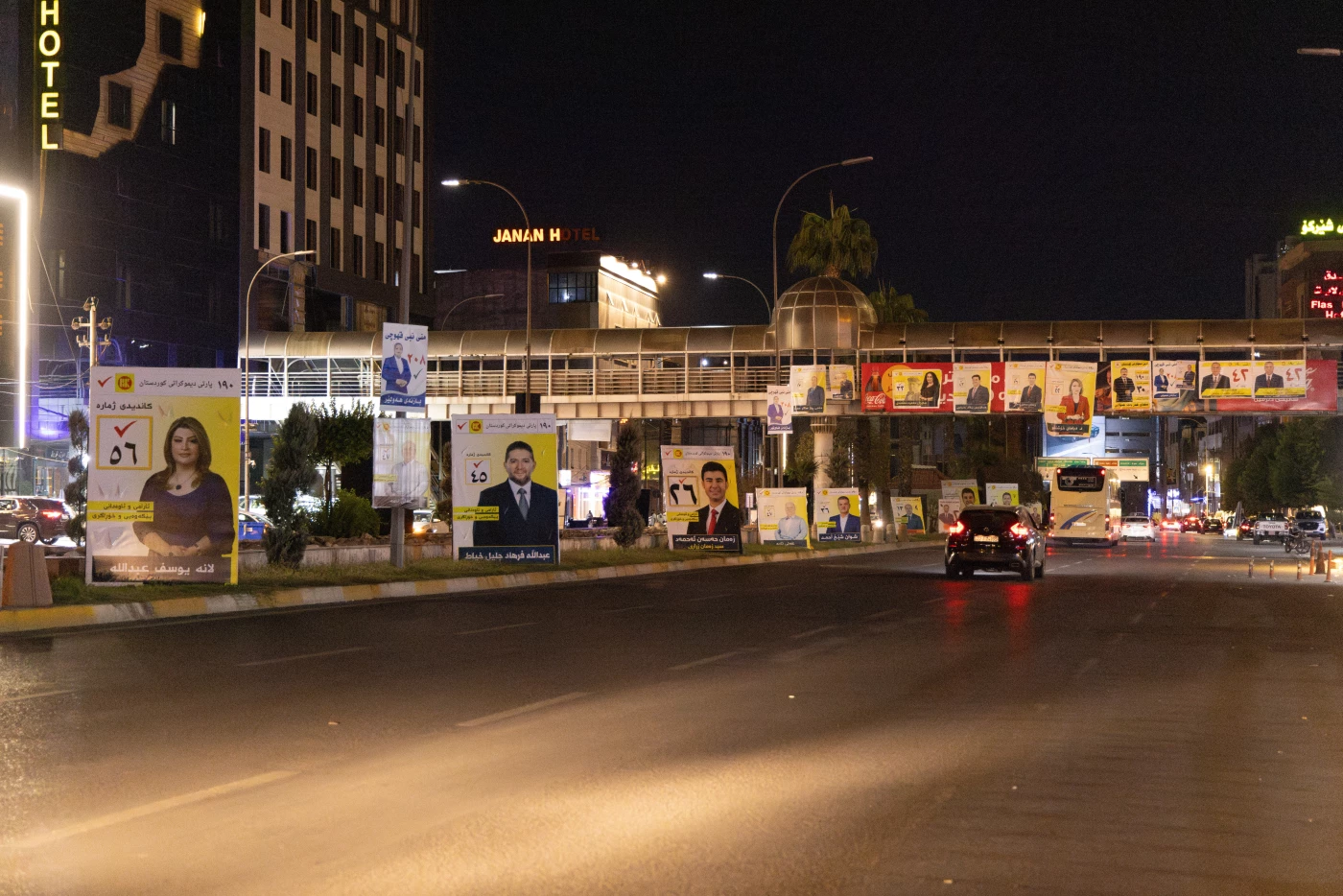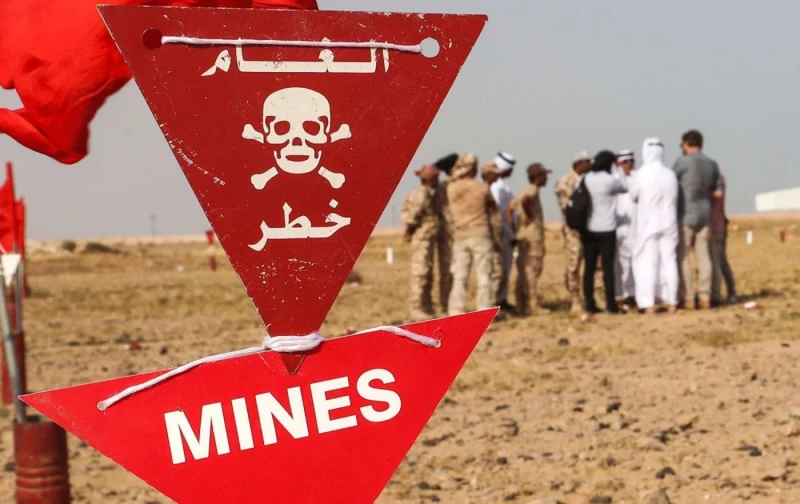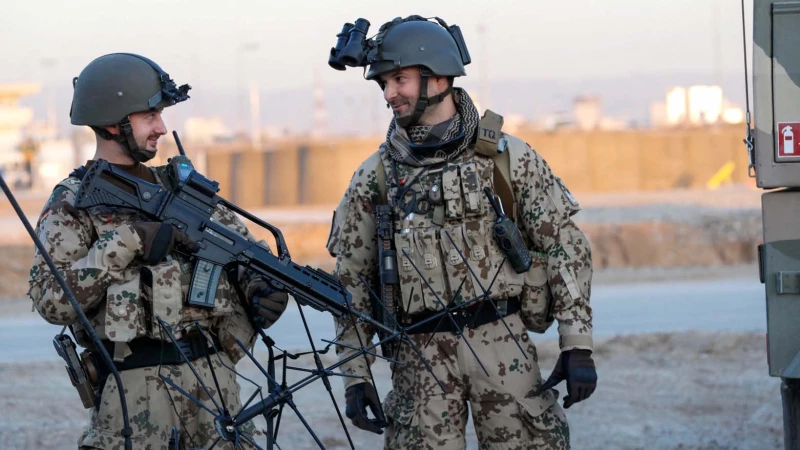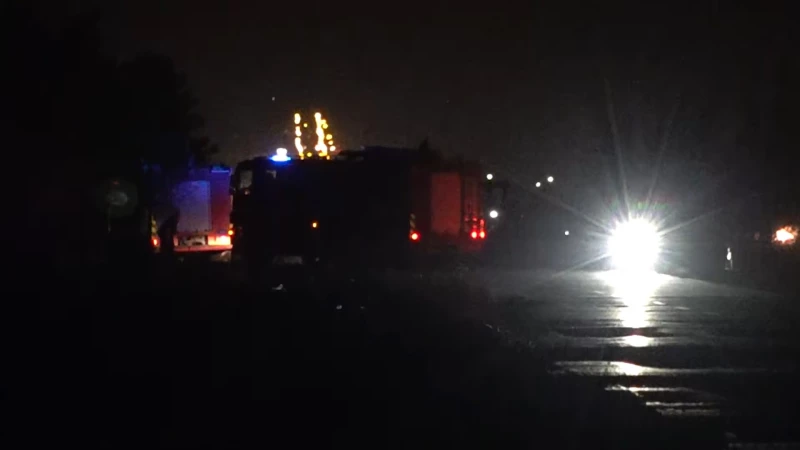ERBIL, Kurdistan Region of Iraq - After months of wranglings and a two-year delay, the Kurdistan Region’s parliamentary elections will be held on October 20. The vote this time is like no other before, due to significant changes made to the electoral process.
For the first time in three decades, the electoral system was changed by dividing the Kurdistan Region into four constituencies - Erbil, Sulaimani, Duhok, and Halabja. In other words, members will be elected by open-list proportional representation, representing the Region’s four provinces.
A total of 38 seats have been reserved for Sulaimani province, 34 for Erbil, with the remaining 25 and three going to Duhok and Halabja respectively.
The Supreme Court in Iraq initially dismantled the 11 seats reserved to minorities, reducing seats at the legislature from 111 to 100, a decision which triggered widespread anger among Turkmen and Christian minorities.
Following a lawsuit by a Turkmen party, the court partially revoked its decision by dedicating five of the 100 seats to the minorities. Of the five seats, three were allocated to Christians - two Assyrians and one Armenian, and two to Turkmens.
The elections had initially been set for October 2022 but were delayed several times since. They were most recently scheduled for June 10, 2024, before being postponed after the Region’s ruling Kurdistan Democratic Party (KDP) announced its withdrawal, demanding changes to the allocation of minority quota seats and constituency seats. The party eventually registered to participate after some of its demands were met.
A total of 38 seats have been reserved for Sulaimani province, 34 for Erbil, with the remaining 25 and three going to Duhok and Halabja respectively.
The Supreme Court in Iraq initially dismantled the 11 seats reserved to minorities, reducing seats at the legislature from 111 to 100, a decision which triggered widespread anger among Turkmen and Christian minorities.
Following a lawsuit by a Turkmen party, the court partially revoked its decision by dedicating five of the 100 seats to the minorities. Of the five seats, three were allocated to Christians - two Assyrians and one Armenian, and two to Turkmens.
The elections had initially been set for October 2022 but were delayed several times since. They were most recently scheduled for June 10, 2024, before being postponed after the Region’s ruling Kurdistan Democratic Party (KDP) announced its withdrawal, demanding changes to the allocation of minority quota seats and constituency seats. The party eventually registered to participate after some of its demands were met.
Who is who?
For the sixth round of the Kurdistan Region’s parliamentary elections, two alliances, 13 political parties, and 124 independent candidates will vie for the 100 seats.
The ruling KDP and Patriotic Union of Kurdistan (PUK) which administratively rule Erbil and Duhok, and Sulaimani provinces respectively are believed to emerge as the first and second largest parties in the October 20 elections.
In the previous parliament term, the KDP had 45 seats.
The KDP with number 190 given to the party by the Iraqi High Electoral Commission (IHEC) for the parliamentary elections, has a similar number of candidates across the four electoral districts, including 64 candidates in Erbil, 72 in Sulaimani, 48 in Duhok and six in Halabja.
The party eyes an outright majority.
“The KDP has made very good preparations across the four electoral districts and our key objective is to be able emerge victorious by a large margin so we could form the KRG’s 10th cabinet alone in order to establish full security and stability in other parts of the Kurdistan Region, including this zone, Sulaimani,” Saman Faris, a KDP candidate in Sulaimani province, told The New Region. “We are very optimistic that we will make it."
The PUK, the second largest political party that had 21 seats in the previous parliament term, has entered the elections with list number 129. The party has 172 candidates, including 60 in Erbil, 74 in Sulaimani, 32 in Duhok and six in Halabja.
The New Region reached out to several PUK candidates to speak about their predictions, plans and preparations for the vote, but they declined to comment on the matter at hand.
For this election, two new lists have entered the race - The People’s Front and Halwest (Stance)
The People’s Front is led by Lahur Talabany, the PUK’s former co-president.
The People's Front list number is 169. The party has 121 candidates - 40 in Erbil, 43 in Sulaimani, 35 in Duhok and three in Halabja, Shadman Mala Hassan, head of the party’s Erbil list, told The New Region on Monday.
“Our expectations are too high and we will emerge victorious in the election,” Hassan said, adding they have so far “abided by the election commissions rules and regulations.”
“We are continuing our election campaigns in line with the commission's regulations,” he added. “We have a strong fan base.”
After disagreements with current PUK leader Bafel Talabani, Lahur Talabany was removed from his position. Hassan who was a PUK leadership council member was also dismissed from the party due to his close relations with the former PUK co-president.
Ali Hama Salih, who had previously twice been parliamentarian on The Change Movement’s (Gorran) share, broke away from the party and formed a party of his own - The National Halwest (Stance) Movement.
The Halwest list head Salih told The New Region that "predicting the results of the elections is very difficult" while believing there would be "a much higher voter turnout" in this election due to the changes in the electoral process.
"Dividing the Kurdistan Region into four constituencies and abolishing the 11 quota seats for the minorities will be two key factors contributing to a much higher voter turnout," Salih said. "We are optimistic."
Halwest’s list number for the elections is 161. They have 74 candidates across the four constituencies.
Other parties are the Kurdistan Islamic Union (KIU) with 71 candidates, the Kurdistan Islamic Group (Komal) with 59 candidates, and the Change Movement (Gorran) with 56 candidates.
'Avoid smear campaigns'
With respect to the minorities, a total of 20 Turkmen vie for two seats and 19 Christian candidates vie for their three seats.
Muna Kahveci, former secretary of the Kurdistan Region Parliament said the reduction of the quota seats of the minorities from 11 to 5 "dealt a huge blow to the genuine representation of the minorities in the Kurdistan parliament."
"But our struggle in the new parliament will be to restore the rights of the minorities and increase the seats to their original number," Kahveci said.
Kahveci, a popular politician among the Turkmen community in the Kurdistan Region, who has fielded candidacy to secure a seat at the parliament like previous times, called on the political parties to avoid "smear campaigns".
"We are calling on all the political parties to hold a peaceful and smooth campaign and to protect the stability of the Kurdistan Region for the remaining two weeks," Kahveci told The New Region. "The campaigning must be done in a professional way."
With respect to the minorities, a total of 20 Turkmen vie for two seats and 19 Christian candidates vie for their three seats.
Muna Kahveci, former secretary of the Kurdistan Region Parliament said the reduction of the quota seats of the minorities from 11 to 5 "dealt a huge blow to the genuine representation of the minorities in the Kurdistan parliament."
"But our struggle in the new parliament will be to restore the rights of the minorities and increase the seats to their original number," Kahveci said.
Kahveci, a popular politician among the Turkmen community in the Kurdistan Region, who has fielded candidacy to secure a seat at the parliament like previous times, called on the political parties to avoid "smear campaigns".
"We are calling on all the political parties to hold a peaceful and smooth campaign and to protect the stability of the Kurdistan Region for the remaining two weeks," Kahveci told The New Region. "The campaigning must be done in a professional way."
Ano Jawhar, a Christian, who currently serves as the minister of transport and communications at the KRG, said their participation in the elections is "pivotal" despite "all the reservations that we have had regarding the quota seats" of the minorities.
"We are optimistic about our participation," Jawhar told The New Region. "We will go to the parliament to pass a new law to guarantee a fair share of the minorities' representation in the Kurdistan parliament."
Jawhar said "what was done against the minorities was a blatant violation of the rights of the minorities."
In addition to the alliances and the political parties, a total of 124 candidates are running as independents.
In addition to the alliances and the political parties, a total of 124 candidates are running as independents.
Around 3.8 million people were eligible to vote in the upcoming elections, out of which nearly three million have completed the biometric process and will be able to cast their ballots on October 20.
According to the IHEC, there will be more than 1,400 polling stations across the Kurdistan Region.
The Kurdistan Region last held its parliamentary elections in 2018.
According to the IHEC, there will be more than 1,400 polling stations across the Kurdistan Region.
The Kurdistan Region last held its parliamentary elections in 2018.



 Facebook
Facebook
 LinkedIn
LinkedIn
 Telegram
Telegram
 X
X


